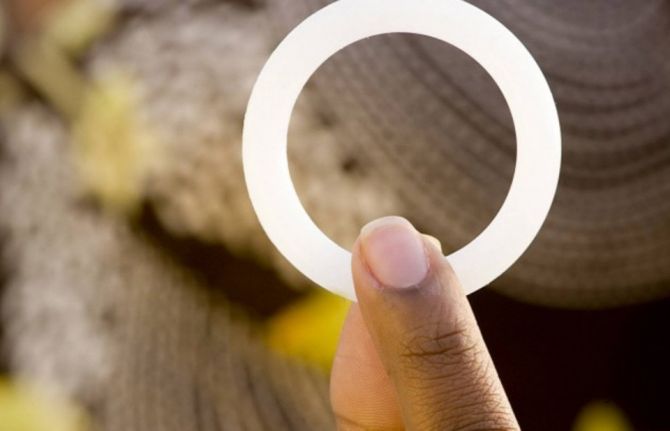

Press Statement
UNAIDS is hopeful that a new long-acting HIV prevention option will soon become available for women in sub-Saharan Africa
28 July 2020 28 July 2020The European Medicines Agency has adopted a positive opinion of the dapivirine ring, a monthly vaginal ring that reduces the vulnerability of women to HIV
GENEVA, 28 July 2020—UNAIDS congratulates the International Partnership for Microbicides (IPM) on obtaining a positive opinion from the European Medicines Agency (EMA) on the dapivirine vaginal ring. The monthly ring adapts a medical technology commonly used as a contraceptive device to deliver the antiretroviral medicine dapivirine to prevent HIV.
“UNAIDS welcomes the advances made to make the dapivirine ring available to women in sub-Saharan Africa where around 4500 adolescent girls and young women become infected with HIV every week,” said Winnie Byanyima, Executive Director of UNAIDS. “Continued investment in research is needed to fill the HIV prevention gap for women and give them the options they need to protect themselves from HIV.”
Two phase III studies evaluated use of the monthly ring among nearly 4600 women between the ages of 18 years and 45 years in Malawi, South Africa, Uganda and Zimbabwe. The Ring Study, led by IPM, found that the ring reduced overall risk by 35%, and the ASPIRE study, conducted by IPM’s clinical trial partner the National Institutes of Health-funded Microbicide Trials Network, found that the ring reduced overall risk by 27%. More recent data from two open-label extension studies suggested a greater risk reduction—of more than 50%.
IPM will now seek regulatory approvals in sub-Saharan Africa, the region most affected by HIV, were many countries recognize the EMA’s opinion. If approved by African regulators, the ring could offer women over the age of 18 years the first long-acting tool they could use on their own terms to reduce the risk of contracting HIV. IPM estimates that given the urgency for women, with strong political will and funding the ring could begin to become available in 2021 in some communities in Africa.
UNAIDS
The Joint United Nations Programme on HIV/AIDS (UNAIDS) leads and inspires the world to achieve its shared vision of zero new HIV infections, zero discrimination and zero AIDS-related deaths. UNAIDS unites the efforts of 11 UN organizations—UNHCR, UNICEF, WFP, UNDP, UNFPA, UNODC, UN Women, ILO, UNESCO, WHO and the World Bank—and works closely with global and national partners towards ending the AIDS epidemic by 2030 as part of the Sustainable Development Goals. Learn more at unaids.org and connect with us on Facebook, Twitter, Instagram and YouTube.
Press centre
Download the printable version (PDF)
